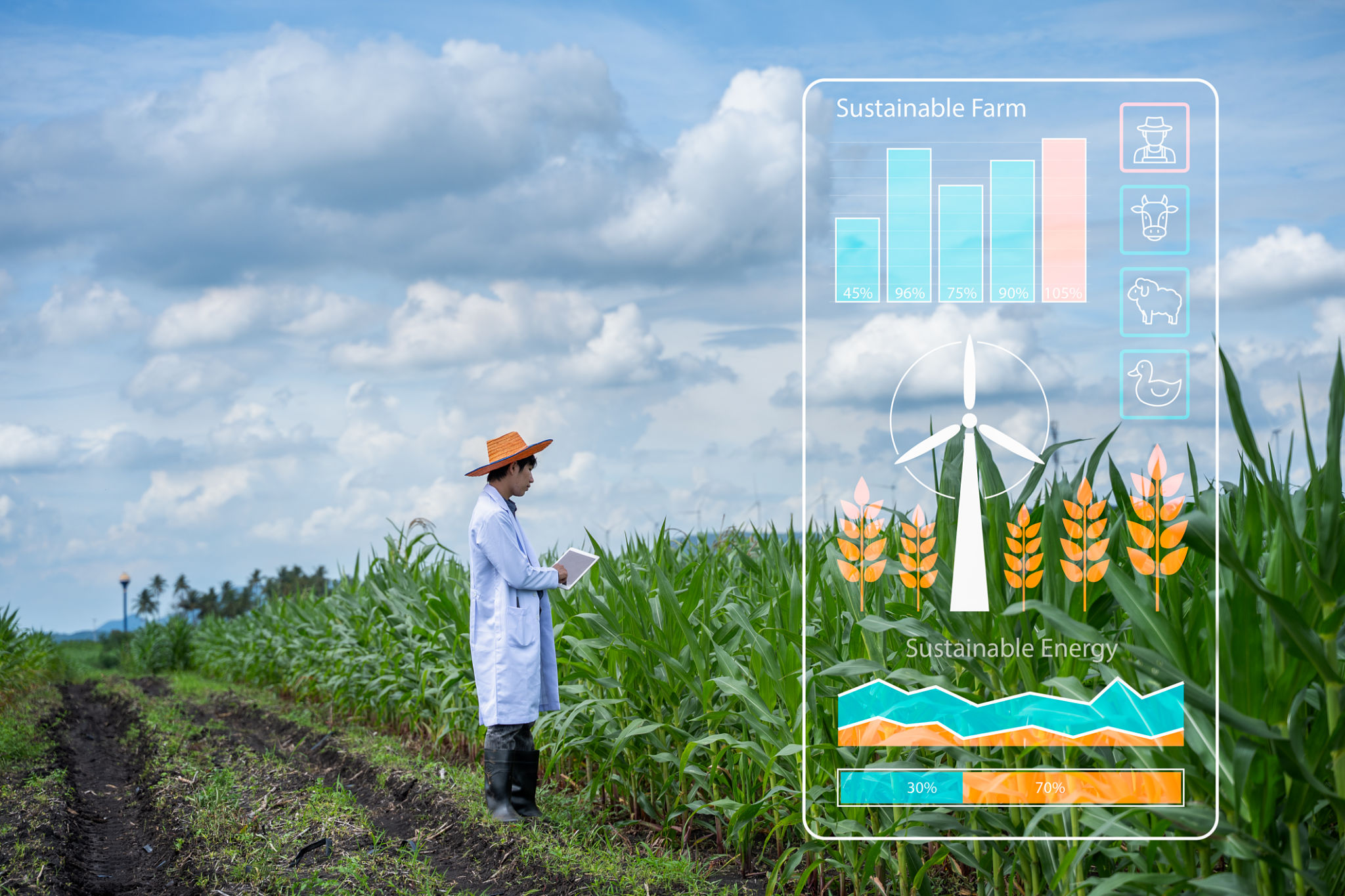Understanding Fair Pricing in the Agro-Produce Industry: Insights from Verdant Trade Hub
Understanding the Concept of Fair Pricing
Fair pricing in the agro-produce industry is a crucial aspect that ensures sustainability for both farmers and consumers. It involves setting prices that are equitable for all parties in the supply chain, from the growers to the end consumers. This pricing strategy helps in maintaining a balance between production costs, market demand, and consumer affordability. Verdant Trade Hub has been at the forefront of advocating for fair pricing, offering insights into how it can be beneficial for the entire agro-produce ecosystem.

The Role of Fair Pricing in Sustaining Farmers
One of the main reasons fair pricing is essential is its impact on farmers' livelihoods. Farmers often face unpredictable challenges such as climate changes, pests, and fluctuating market prices. Fair pricing ensures that they receive a reasonable return on their investment and labor, which is critical for their economic sustainability. Verdant Trade Hub emphasizes the need for price mechanisms that reflect real production costs and provide a safety net for farmers against market volatility.
By ensuring a stable income, fair pricing allows farmers to invest in better farming practices, technology, and education, which in turn leads to improved productivity and quality of produce. This creates a positive cycle where both the supply chain and consumers benefit from high-quality produce.

Consumer Benefits from Fair Pricing
Consumers also stand to gain significantly from fair pricing strategies. When farmers are compensated fairly, they can afford to grow healthier and more diverse crops. This results in higher-quality produce reaching market shelves, offering consumers better choices at reasonable prices. Verdant Trade Hub highlights that fair pricing helps in building trust between consumers and producers, as it aligns with ethical consumption trends where buyers are increasingly aware of the origins of their food.
Additionally, fair pricing contributes to the stability of food prices in the market. By reducing the impact of price fluctuations, consumers can enjoy consistent pricing for their everyday essentials, making it easier to manage household budgets.

Implementing Fair Pricing Strategies
Implementing fair pricing in the agro-produce industry involves several strategies. Here are some key approaches advocated by Verdant Trade Hub:
- Transparent Pricing Models: Establishing transparent models where all stakeholders can see how prices are determined helps build trust and clarity in transactions.
- Direct Trade Practices: Reducing intermediaries and promoting direct trade between farmers and buyers can ensure better prices for producers.
- Supportive Policies: Advocating for governmental and institutional policies that protect farmers from unfair pricing practices is crucial.
The Future of Fair Pricing in Agro-Produce
The future of fair pricing in the agro-produce industry looks promising with growing awareness and support from organizations like Verdant Trade Hub. As consumers become more conscious of their purchasing power, they are likely to support brands and products that adhere to fair pricing principles. This shift encourages more companies to adopt sustainable practices that benefit all parties involved.
Moreover, advancements in technology and data analytics are playing a significant role in shaping fair pricing mechanisms. By leveraging these tools, stakeholders can monitor market trends and set prices that reflect true market conditions while ensuring equity.

Conclusion
In conclusion, understanding and implementing fair pricing in the agro-produce industry is vital for ensuring the well-being of farmers, consumers, and the sustainability of the agricultural sector as a whole. Verdant Trade Hub continues to provide valuable insights and advocate for practices that promote fairness and equity in the marketplace. By supporting fair pricing initiatives, we can contribute to a more sustainable and just food system for future generations.
